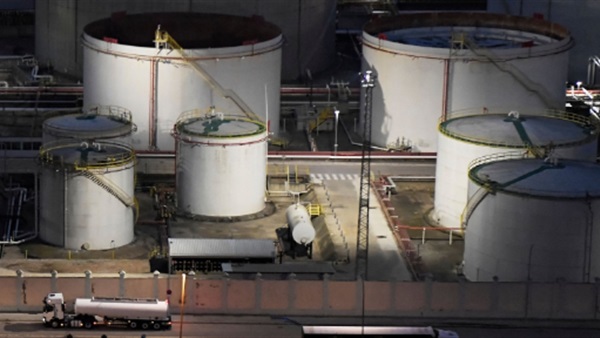Europe's Energy War with Russia Continues: IEA Warns of Challenges Ahead

Europe's energy war with Russia is far from over, warned
Fatih Birol, head of the International Energy Agency, despite the continent's
victory in avoiding a full-blown energy crisis. The EU managed to avoid
widespread shortages and blackouts after Russia weaponised gas supplies, but
next winter could pose a greater challenge if the continent experiences colder
weather. Birol urged governments to continue to focus on conserving and
boosting supplies, as Europe has not yet won the energy battle against Russia.
Although European natural gas prices have dropped up to 85%
since peaking above €300 per megawatt hour in August, Birol said it is not time
to be overconfident for next winter. He called for continued efforts to step up
diversification and conservation, as there is still much more to do. Russia
could still cut the remaining 20% of prewar gas supplies it still sends to
Europe through pipelines via Ukraine and Turkey, and competition for seaborne
liquefied natural gas supplies is likely to increase as China’s economy
continues to reopen.
Birol has been pushing for a longer-term transformation that
not only adds renewable energy sources but also ensures a larger proportion of
wind turbines or batteries is manufactured in Europe. He has met European
Commission President Ursula von der Leyen twice in the past week, arguing the
EU needs to ensure it never becomes too reliant on any one country for its
energy supplies or supply chains again. Birol said that Europe needs to
diversify its energy sources, and relying on one single country is always a bad
idea. "We are entering a new industrial age of clean energy technology
manufacturing,” he said. “The two powers [in clean energy manufacturing] are
China and the US — so if we want diversification Europe is a good candidate.”
Europe's gas storage levels were already at 64% of capacity,
far higher than usual for this time of year. However, as refilling European
storage facilities over the summer months could become more challenging, it
could test the continent's ability to avoid shortages should next winter prove
to be particularly cold. Birol warned in November that a cold winter could
leave Europe struggling to refill its gas storage sites to even 65% of capacity
by October 2023.
Despite some European countries increasing their use of
highly polluting coal for power generation, EU emissions fell 2.5% in 2022
because of lower gas usage and the warm start to winter, according to the IEA
chief. European gas prices are still two to three times higher than before
Russia's supply cuts, leaving European industry at a disadvantage. "The
lasting solution to energy security should be based on clean energy,"
Birol said.







